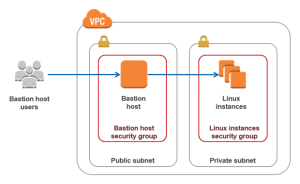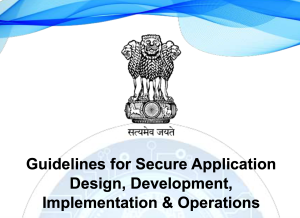
Tax Collection at Source (TCS) is a mechanism implemented by tax authorities to collect tax revenue at the source of certain transactions. Under TCS, the person making the specified transaction collects tax from the buyer at the time of sale, and this tax amount is then remitted to the government.
Here are some key points to understand about Tax Collection at Source (TCS):
- Applicability: TCS is applicable in various countries, including India, where it is governed by the Income Tax Act. It is levied on specific transactions, usually involving the sale of certain goods or services.
- Collection Responsibility: The person responsible for collecting TCS is generally the seller or the person receiving payment for the sale. They are required to collect the tax amount from the buyer at the time of the transaction.
- Tax Rate and Threshold: Each country or tax jurisdiction determines the applicable TCS rate, which is a percentage of the sale value. There is usually a threshold limit above which TCS is applicable. Transactions below the threshold may be exempt from TCS.
- TCS Certificate: After collecting the tax, the seller provides a TCS certificate to the buyer as proof of tax collection. The certificate typically includes details such as the tax amount, seller’s information, buyer’s information, and transaction details.
- Remittance and Reporting: The seller is responsible for remitting the collected TCS amount to the tax authorities within the specified timeframe. Additionally, they are required to report the TCS transactions and amounts in their tax returns or other prescribed forms.
- Set-Off or Credit: The TCS amount collected by the seller is not an additional tax liability for the buyer. In most cases, the buyer can claim the TCS amount as a credit or set-off against their overall tax liability when filing their tax returns.
- Purpose and Revenue Collection: TCS is primarily implemented to ensure tax compliance and enhance tax revenue collection by capturing tax at the point of sale itself. It helps in widening the tax base and preventing tax evasion in certain transactions.
It’s important to note that the specific rules and regulations regarding TCS can vary between countries, and it is advisable to refer to the tax laws and guidelines of the specific jurisdiction for detailed and accurate information.
The Government has provided a clarification consisting of five key points regarding the implementation of the 20% Tax Collection at Source (TCS) rate. Here are the main highlights:
- Applicability: The 20% TCS rate is applicable to remittances made under the Liberalised Remittance Scheme (LRS) for purposes such as overseas tour packages and remittances made for other than education and medical purposes.
- Effective Date: The revised TCS rate of 20% will come into effect from July 1, 2023.
- Credit for TDS/TCS: The TCS amount collected by the Authorized Dealer Banks will be available for credit in the income tax return, thus reducing the tax liability.
- Refunds and Adjustments: In cases where TCS is collected but the transaction is subsequently cancelled or reversed, a refund or adjustment can be made. However, no interest will be paid on such refunds or adjustments.
- Compliance Monitoring: The government will strengthen compliance monitoring to ensure that TCS is collected correctly and remitted to the government. Non-compliance may attract penalties.
These five points aim to provide clarity on the implementation and implications of the 20% TCS rate on specified remittances. It is important for individuals and businesses to understand and adhere to these guidelines to ensure compliance with the tax regulations.
The Ministry of Finance has recently provided a set of Frequently Asked Questions (FAQs) regarding the Tax Collection at Source (TCS) on foreign remittance conducted through the Liberalised Remittance Scheme (LRS). The LRS allows resident individuals, including minors, to remit up to $250,000 per financial year (April – March) for various permissible current or capital account transactions or a combination thereof.
Following the recent amendment of the Foreign Exchange Management (Current Account Transaction) Rules, the ministry has released a comprehensive list of FAQs to clarify the inclusion of foreign expenditures made using credit cards. In the Union Budget 2023-24, the TCS rates on overseas tour packages and funds remitted under LRS (excluding education and medical purposes) were increased from the existing 5% to 20%. These revised TCS rates are scheduled to be effective from July 1, 2023.





